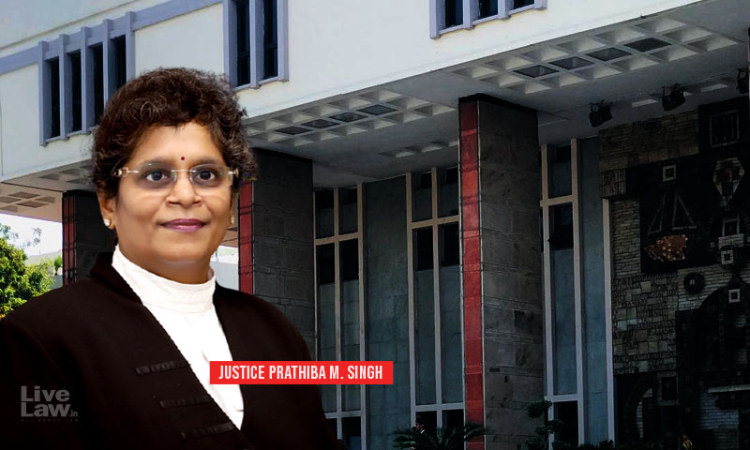The Delhi High Court has observed that there is a clear need for the Institute of Chartered Accountants of India to create a framework wherein there is proper disclosure by candidates who apply to become Chartered Accountants, at the inception itself. Justice Pratibha M Singh said that there is also a need for a continuing disclosure, may be on an annual basis for members to inform the ICAI...

